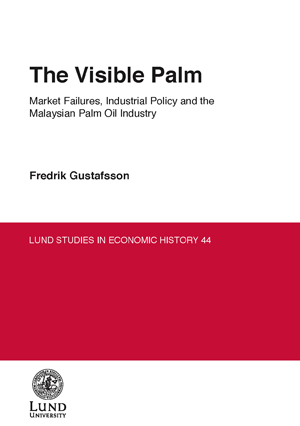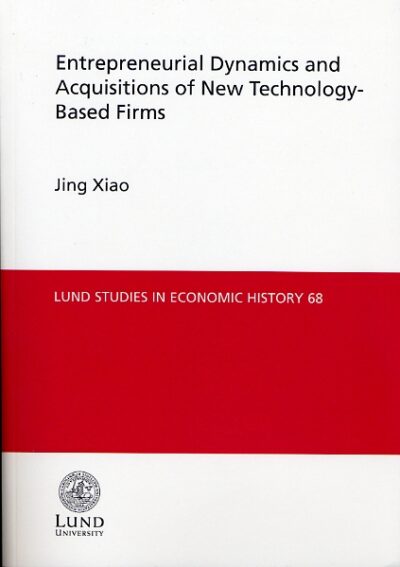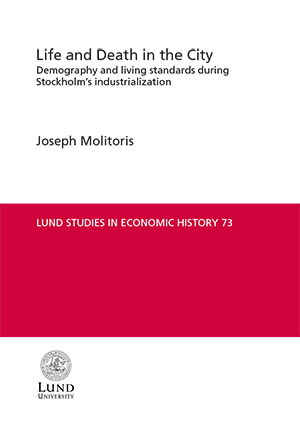Beskrivning
What role the state should and can play in bringing about economic development is one of the longest standing debates in the economic sciences. Yet, previous research has mostly focused on how a variety of industrial policies affect static efficiency. Few studies have tried to analyze how industrial policy and government intervention affects dynamic efficiency, i.e. an economy’s ability to generate lasting economic growth. The present study argues that interventionist industrial policy can only have a positive effect on dynamic efficiency if it manages to resolve market failures. This means that the question of whether a given set of government interventions and industrial policies have speeded up or slowed down development can be answered through a market failure approach. That is, by studying whether the policies could have resolved any market failures that negatively affect dynamic efficiency. The study also theoretically identifies a number of such generic market failures. The study then uses a market failure approach to analyze Malaysia’s industrial policies vis-à-vis the domestic palm oil industry. A previous study has claimed that the policies vis-à-vis this industry represent perhaps the foremost example of successful industrial policy in Malaysia. The present study challenges this view. It argues that, while there are isolated examples of industrial policies vis-à-vis the palm oil industry that might have increased both static and dynamic efficiency by resolving market failures, it is at the moment not possible to conclude that the net effect of the policies have been positive, or that dynamic efficiency would have been significantly lower had the government opted for a laissez-faire industrial policy.



